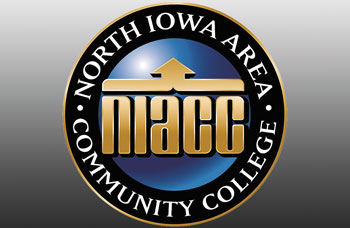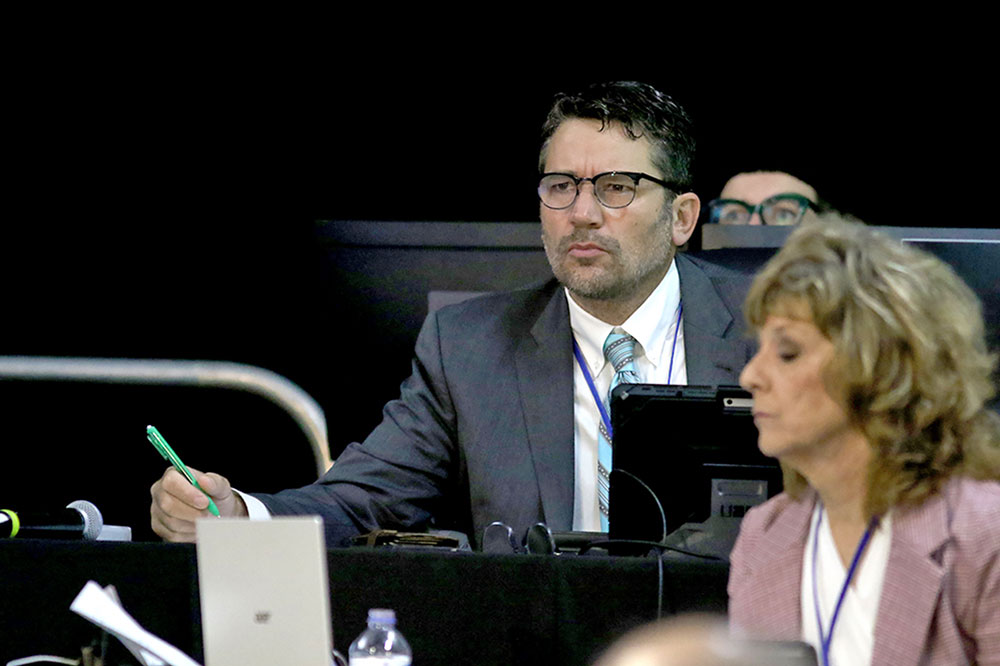Words, not policy, defined our presidential election
 Steve Corbin | Commentary
Steve Corbin | Commentary
Words, not policy, defined our presidential election
“Sticks and stones may break my bones, but words will never hurt me.” This was an 1862 rhyme meant for children to ignore taunting, refrain from physical retaliation and remain calm and good-natured.
The rhyme still holds true unless you are candidate seeking to become President of the United States. Passive as well as derogatory words can hurt and influence voters.
A diagnosis of 60,000 different election-related articles published in the last year identified about 20 words describing Hillary and Donald had sole ownership of another 20 words.
For example, which set of the following words “belong” to Hillary and which set is “owned” by Donald?: A) classified, negligence, secrecy, careless and investigation, and B) audited, blowhard, divorces, illegals and pageants. If you only listened to or read one news source, I’m sure you got an “A” on that quiz.
Take this test: Identify the presidential candidate who used and/or is described by these words: nasty, trumpery, hombre, redacted, kerfuffle, bigot, pantsuit, lawsuits, deplorable, braggadocious, Islamophobic, change, xenophobia, email, misogyny, Iran, alt-right, classified, stamina, cavalier, birtherism, angry-voters, temperament, Benghazi, bombastic, fear-mongering, blowhard, careless, and my favorite, bigly.
Instead of each candidate’s ideology and policy positions persuading citizens, a host of words used in the debates, rallies, interviews and let’s not forget 3 a.m. twitter feeds, greatly influenced voters.
How can such an assertion be made? Describe Hillary or Donald’s policy plans that were to be accomplished in the first 100 days of office.
I’m waiting. Stop. Time is up.
Neither candidate was successful at telling the public specifics about their political platform. However, Donald, right or wrong, “positioned” himself to the average voter better than Hillary.
Positioning is a marketing concept where, as the adage goes, “you don’t sell the steak, you sell the sizzle.” Appealing to the senses and emotions of the buyer through the words used to describe a product will affect the mind of the prospect, and in this case, the voter.
Winning today’s political campaigns has become not so much about the person seeking office or his/her political party but what words and wishes are placed in the voter’s mind about the candidate and the warts uttered about their opponent.
Whether you approve or dislike our president-elect, Mr. Trump was masterful by purposely manipulating voters’ mind by using words, some outlandish, that people could relate to as he described their socio-economic condition, feelings about immigration and ISIS, civil unrest, community decline, health care uncertainty, unfair taxes, results of the Obama administration and attitudes toward the Clinton family.
America’s 2016 election is the first time in 58 presidential elections where words were more influential to voters than political platforms. Political historians are saying that no other presidential candidate has produced more verbiage than Donald Trump.
Donald Trump knew the average voter’s mind was already a dripping sponge that could not take more. He used simple words, and often incomplete sentences, to describe himself and his opponent.
Trump proved that “less is more” and we now have a real-estate mogul and non-politician as our 45th president.
In future elections, be careful about interpreting what you read and hear. Remember, the words expressed by Hitler and Mussolini also won the favor of their constituents.
Steve Corbin is a non-paid freelance opinion editor and guest columnist for 47 newspapers in Iowa and beyond.










Social Share